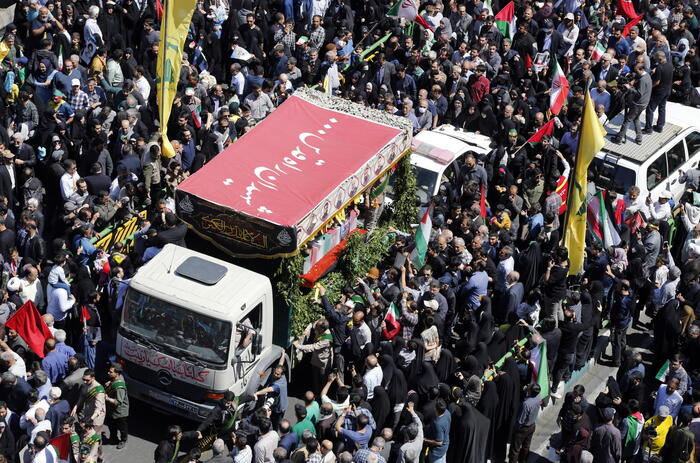Damascus-Sana
Ramadan, as a religious and social occasion, has been associated with customs and traditions that have been passed down through generations. This month had special rituals in Damascus, some of which are still in place, and some have changed with the change of society and the different circumstances.
Researcher Ahmed Bobs tells us about the traditions and customs of Ramadan in the past in Damascus, indicating that the last day of Shaban was associated with people circling around the radio to prove the start of the month of fasting and generosity, so that the singers would start performing religious songs.
Pops points out that life was taking a new form since the first day of Ramadan, when restaurants were closed during the day, and sellers of licorice who used to make it in front of the eyes of people were spreading, and its price at that time was one franc, or five piasters, and it was enough for the family for a whole day in addition to the sellers of al-Na'im, which is one of the Damascene sweets. It is well-known in Ramadan who lead him with the phrase (after your love, oh soft).
On the social side, Pops notes that symbiosis was evident, which is one of its most important forms (the sakba), as the rich people of the neighborhood cook a large amount of food that exceeds the family's need, and before sunset plates of the dish are sent to the rest of the homes of the people of the neighborhood, and different types of food are gathered at their tables. The food has up to ten varieties.
Among the features of the month of Ramadan, according to the enchanted Bob, who wakes people to the suhoor with his drum and his melodious voice, and every day he has the first two rounds at the pre-dawn where he wakes people up with beautiful phrases such as “O sleep, wahd the day,” knocks on the doors and calls out the name of the owner of the house. Different material and in kind.
Pops points out that in the holy month of Ramadan, shop owners used to put the traps of water on the side of their shops at the sunset call to prayer, to break the fast on them, which the maghrib call to prayer would catch while on the road, just as they used to place a sqaure in which the same purpose passes.
And the parents encouraged children to fast in what is called (the degrees of civilization), so they fasted half the day and every day increased the period of fasting until they reached the fasting of an entire day.
As for Ramadan nights, they were, as Pops explains, the most beautiful in the traditions of the holy month, as families and relatives gathered in one house, and after breakfast, women gathered for entertainment, and they played different games such as Al-Barjis and Abu Al-Foul. Abu Zaid Hilali or Saif bin Dhi Yazan.
Ramadan in Damascus was a social festival of love, intimacy, brotherhood and mercy that we do not find in many Arab and Islamic cities.
Miss Ani







